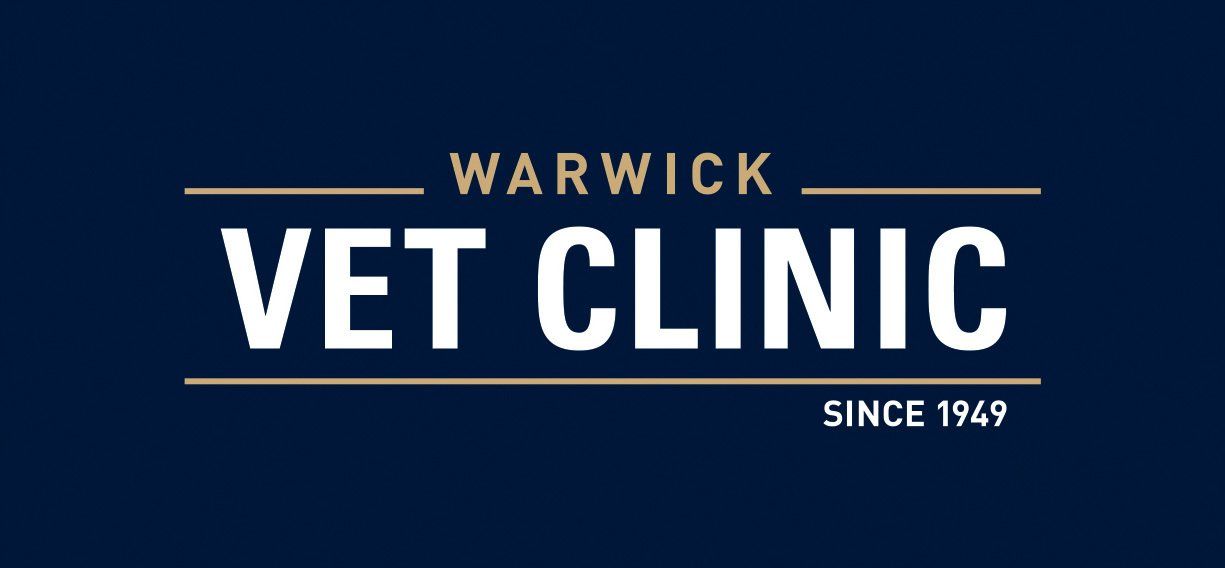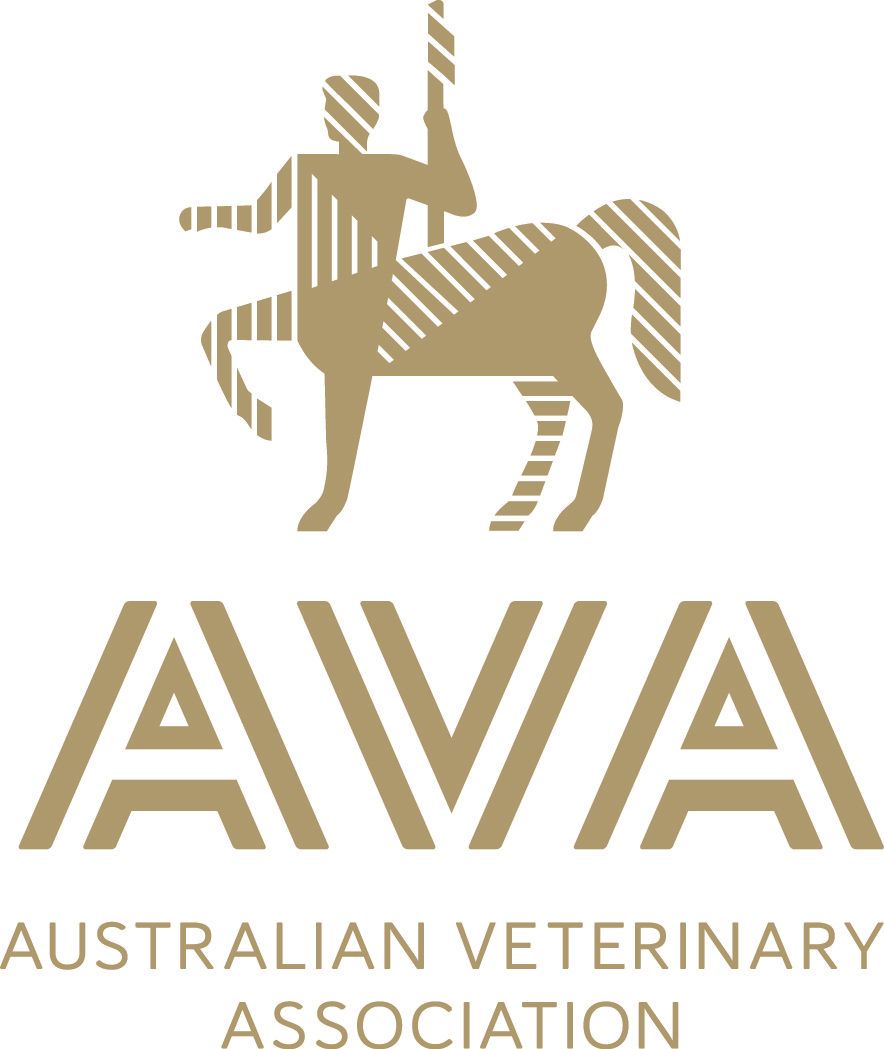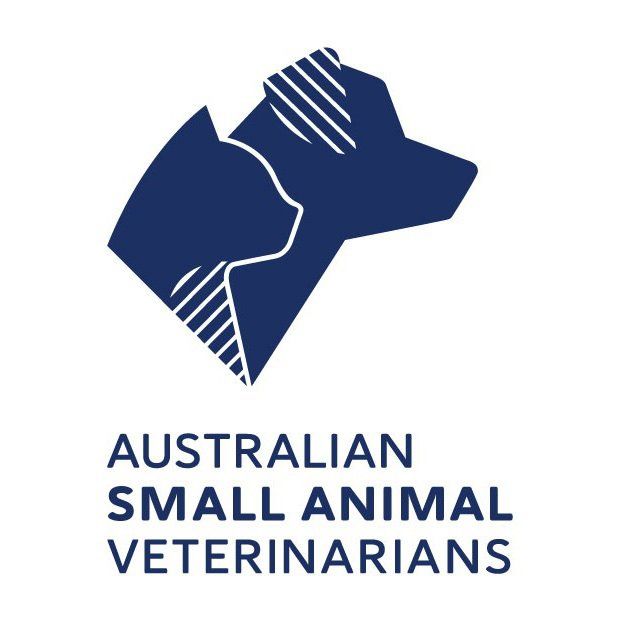GENERAL HEALTH CARE FOR YOUR HORSE
Our team of equine veterinarians have put together their top tips for helping you care for your horse.
MICROCHIPPING YOUR HORSE
Microchipping is a permanent, painless tool to help protect and identify your horse. Etched with a unique number, the chip is inserted with a syringe in the horse’s neck by us and then is registered on a national computer network. When a scanner is passed over the microchip on the horse the identification appears on the scanner and can be matched with the record on the system allowing the owner to be traced. It’s your way of protecting your horse for its lifetime.
VACCINATIONS FOR HORSES
Vaccinating your horse is one of the most essential actions you can take to protect the health of your horse. The easiest way to make sure your horse is up-to-date with their vaccinations, is to contact your vet for advice.
There are many diseases that can be prevented by simply using a vaccine - Tetanus, Strangles, Salmonella, Herpes, and Hendra Virus. Our friendly equine team will talk you through the common diseases found in the Warwick area and develop a vaccination plan that covers all your horse’s needs.
ORAL HEALTH FOR YOUR HORSE
Horses have 36-40 teeth which are constantly erupting. The top jaw is wider than the bottom jaw, and the cheek teeth in the back of the mouth are used in a circular motion to grind feed. Together this can result in sharp points on the outside of the upper teeth and the inside of the lower teeth, which cause pain to the horse and ultimately problems with performance and digesting of feed.
WORMING YOUR HORSE
HORSE NUTRITION
Maintaining an appropriate balanced diet is important for the health of your horse. Horses require clean, high-quality feed, provided at regular intervals, and may become ill if subjected to abrupt changes in their diets.
Like all animals, horses require five main classes of nutrients to survive: water, energy (primarily in the form of fats and carbohydrates) proteins, vitamins and minerals.









